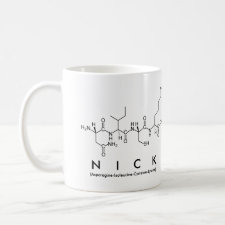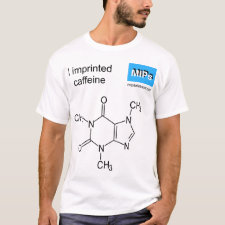
Authors: Turner NW, Holdsworth CI, Donne SW, McCluskey A, Bowyer MC
Article Title: Microwave induced MIP synthesis: comparative analysis of thermal and microwave induced polymerisation of caffeine imprinted polymers.
Publication date: 2010
Journal: New Journal of Chemistry
Volume: 34
Issue: (4)
Page numbers: 686-692.
DOI: 10.1039/b9nj00538b
Abstract: Caffeine templated molecularly imprinted polymers (MIPs) have been prepared using identical polymer formulations by thermal and microwave induced initiation, and the binding performance of the systems compared using solid phase extraction (SPE). While the binding capacity of MIP(Microwave) was found to be lower than MIP(Thermal), MIP(Microwave) recorded a higher imprinting factor (IF) due to comparatively low levels of non-specific binding. Selectivity against theophylline in cross-reactivity studies was also found to be greater for MIP(Microwave). While large time savings are achievable through the use of microwave irradiation conditions, physical analysis of the polymers (surface area analysis, thermal gravimetric analysis and differential scanning calorimetry) reveals that the different polymerisation methods lead to differences in both polymer structure and performance.
Template and target information: caffeine



Join the Society for Molecular Imprinting

New items RSS feed
Sign-up for e-mail updates:
Choose between receiving an occasional newsletter or more frequent e-mail alerts.
Click here to go to the sign-up page.
Is your name elemental or peptidic? Enter your name and find out by clicking either of the buttons below!
Other products you may like:
 MIPdatabase
MIPdatabase









